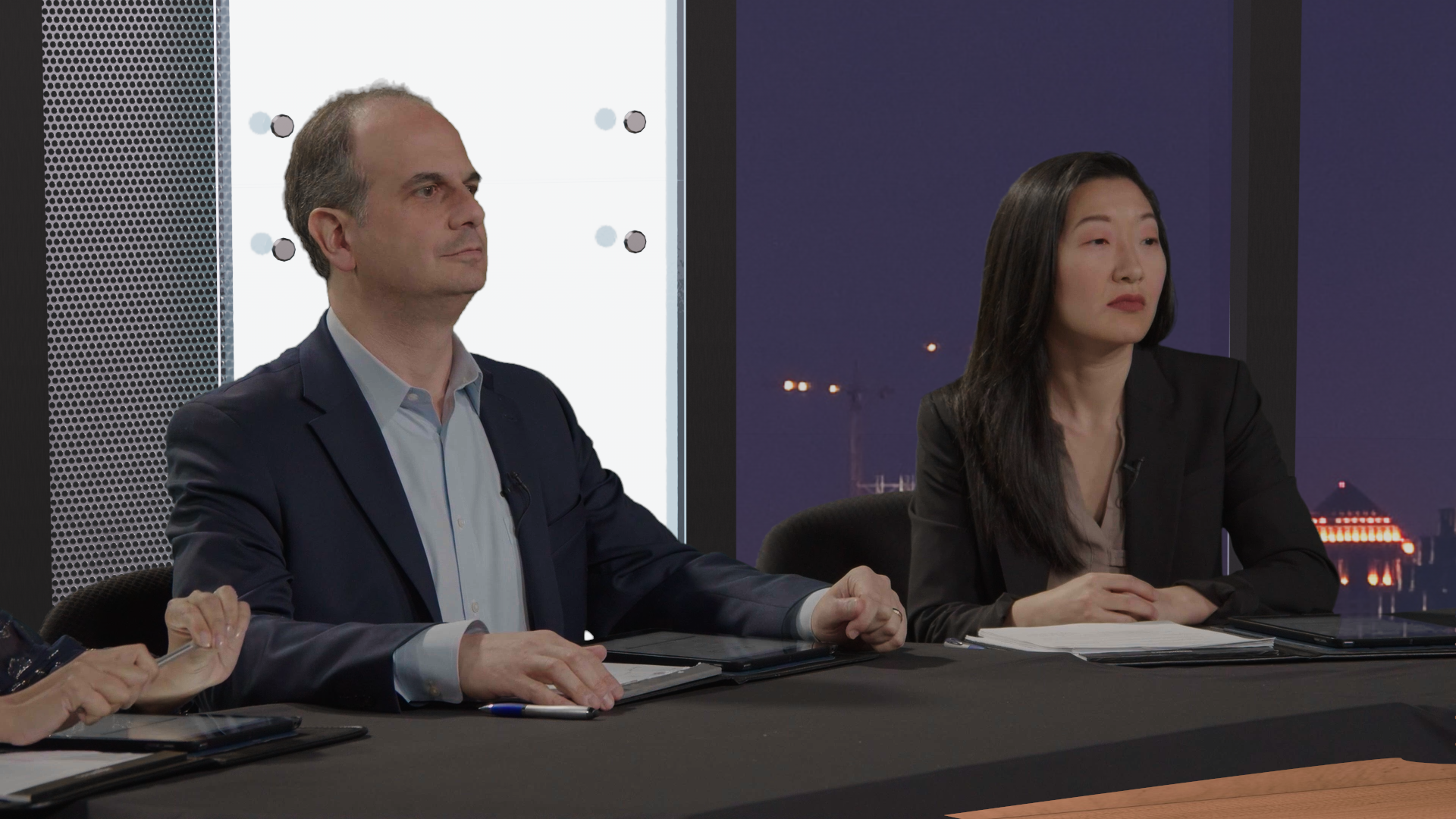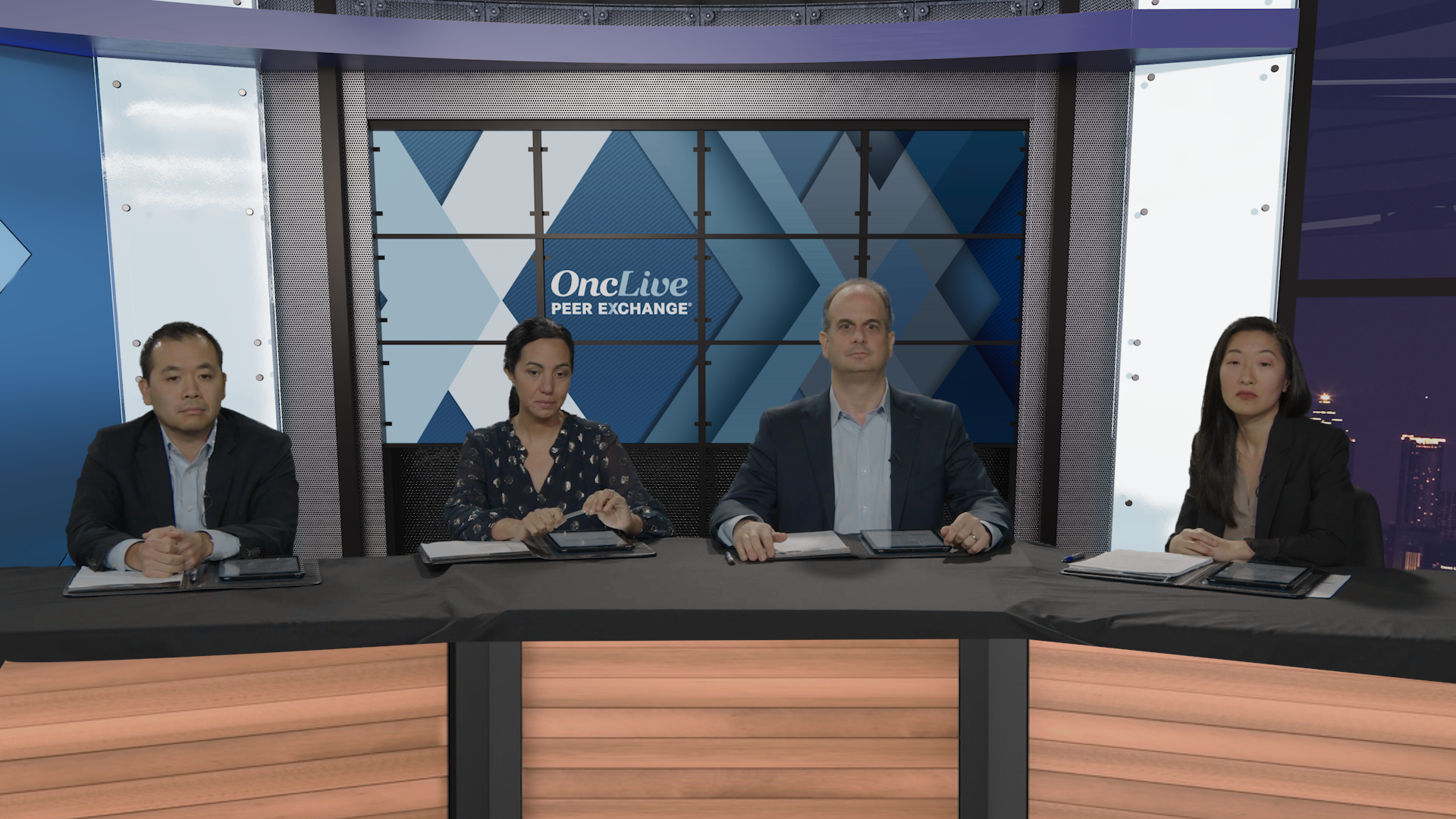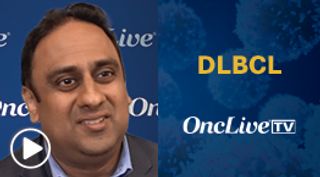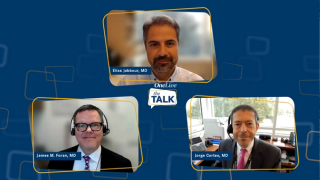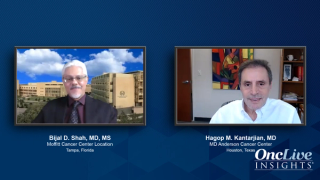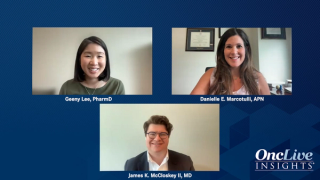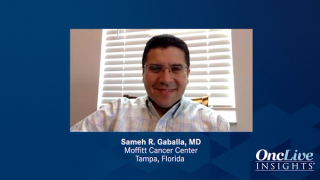
Hematologic Oncology
Latest News
Latest Videos

CME Content
More News
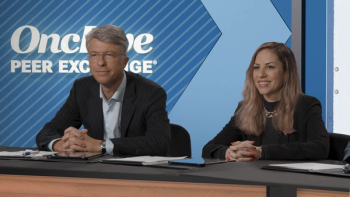
Thomas Cluzeau, MD, PhD provides an overview of first-line treatment options for symptomatic anemia in patients with lower-risk MDS, followed by a discussion of panelists’ treatment patterns and dosing strategies across the globe.
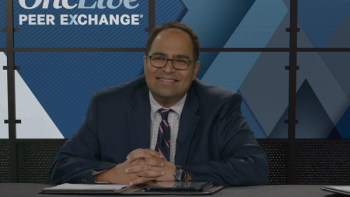
Following their overview on novel treatment modalities in myeloproliferative neoplasms, expert panelists consider how best to sequence and manage novel therapies in practice.
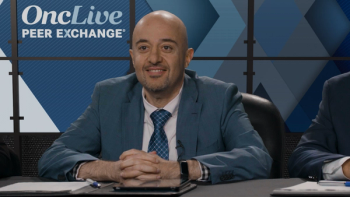
A focused discussion on best practices for MDS pathology and risk status reporting in both community and academic center settings.
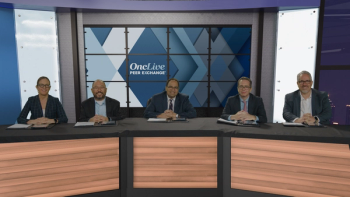
A broad and comprehensive review of novel targeted agents under investigation in the setting of myeloproliferative neoplasm management.
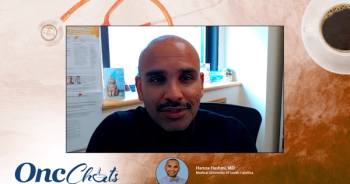
In this third episode of OncChats: Unpacking Data From Pivotal Trials in Multiple Myeloma, Hamza Hashmi, MD, highlights the efficacy and safety profile of teclistamab, a BCMA-directed bispecific T-cell engager, in heavily pretreated multiple myeloma.
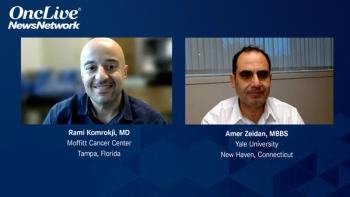
An overview of updates from the Sintra-REV trial of low-dose lenalidomide, and data from COMMANDS, MEDALIST, and real-world studies on luspatercept.

Hematology experts highlight recent data updates from the IMerge trial on the telomerase inhibitor imetelstat, which is being studied for lower-risk MDS.
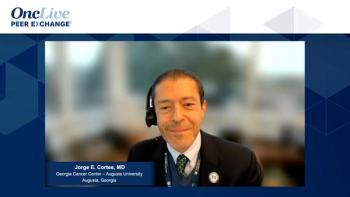
Expert perspectives on current classification strategies in acute myeloid leukemia and how these guidelines make use of molecular markers.
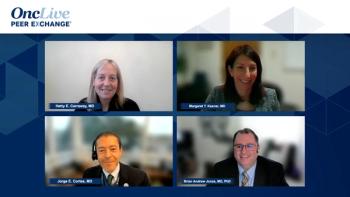
Opening their discussion on the management of acute myeloid leukemia (AML), expert oncologists provide an overview on the incidence, diagnosis, and stratification of patients.
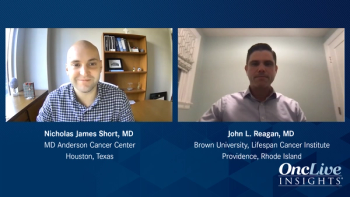
Expert perspectives on prophylactic measures to prevent tumor lysis syndrome in patients receiving therapy for cancer.
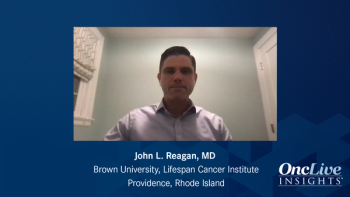
Shared insight on the multidisciplinary management of tumor lysis syndrome and how treatment planning may be adjusted after it is identified.

Craig Sauter, MD, discusses the rationale for investigating maintenance pembrolizumab following autologous stem cell transplant in patients with T-cell NHL and explained some of the potential challenges of investigating this regimen in a larger prospective trial in this patient population.
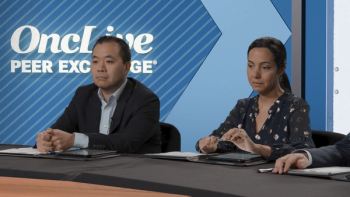
A look into the future of acute GvHD prevention and discussing the impact of targeting specific organs to help manage GvHD prevention.
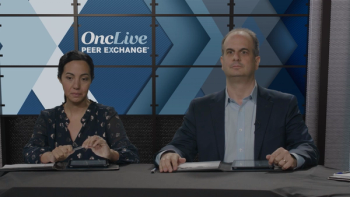
Experts review the Phase III BMT CTN 1703 trial and share how the results of this trial might impact their practice and discuss the role of ATG and abatacept in their practice
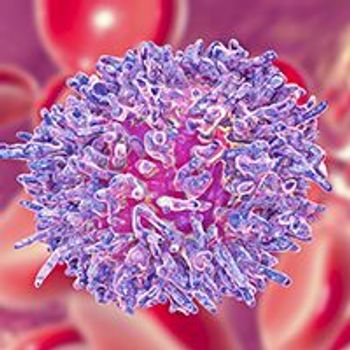
The Medicines and Healthcare Products Regulatory Agency has approved zanubrutinib in Great Britain for both the treatment of adult patients with chronic lymphocytic leukemia and the treatment of adult patients with marginal zone lymphoma who have received at least one prior anti-CD20–based therapy.
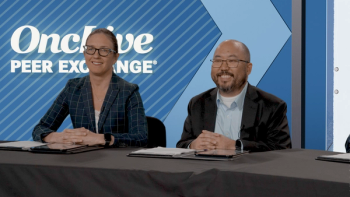
Key opinion leaders on myeloproliferative neoplasms review the potential of CALR as a therapeutic target following data from the ASH 2022 Annual Meeting.
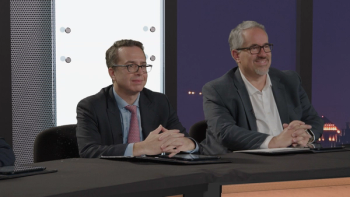
Expert panelists consider the ongoing role of transplant for patients with myelofibrosis and discuss when it is more appropriate to explore systemic therapy options.

First-line ibrutinib plus prednisone did not improve response rates compared with placebo plus prednisone in patients with chronic graft-vs-host disease, failing to meet the primary end point of the phase 3 iNTEGRATE trial.
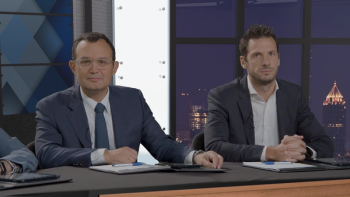
Uwe Platzbecker, MD introduces models commonly used to determine risk status and prognosis, and inform treatment decisions, for patients with MDS.

Olutasidenib has been added to the National Comprehensive Cancer Network Clinical Practice Guidelines in Oncology as a recommended targeted therapy for adult patients with relapsed/refractory acute myeloid leukemia with an IDH1 mutation.
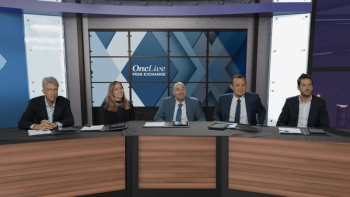
Moderator Rami Komrokji, MD, introduces the panel and invites expert pathologist Sanam Loghavi, MD to lead a discussion on the typical patient presentation and diagnostic process in MDS, which was recently renamed as ‘myelodysplastic neoplasms’ in the 2022 5th edition of the World Health Organization (WHO) classification of the disease state.
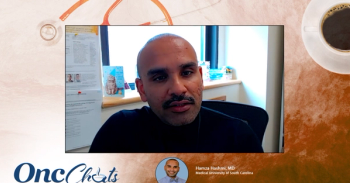
In this second episode of OncChats: Unpacking Data From Pivotal Trials in Multiple Myeloma, Hamza Hashmi, MD, discusses the depth of response reported with daratumumab, carfilzomib, lenalidomide, and dexamethasone in transplant-eligible multiple myeloma.
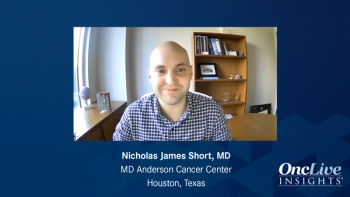
Comprehensive insight on the signs and symptoms that help lead to the identification of tumor lysis syndrome in patients receiving therapy for cancer.

Key opinion leaders James Short, MD, and John Reagan, MD, share an overview on the incidence and clinical risk factors of tumor lysis syndrome.

Amer Zeidan, MBBS, and Rami Komrokji, MD, compare the available IPSS-M and IPSS-R tools for stratifying risk and assessing prognosis in MDS.




